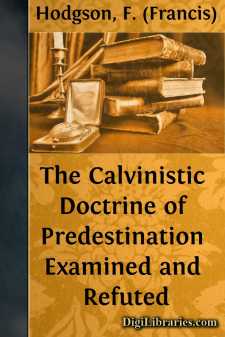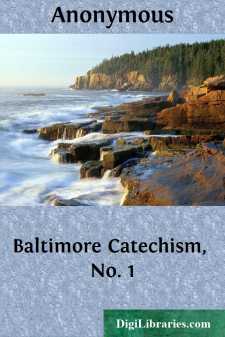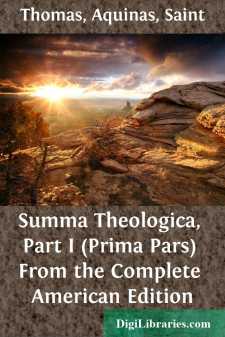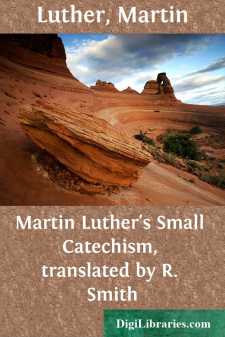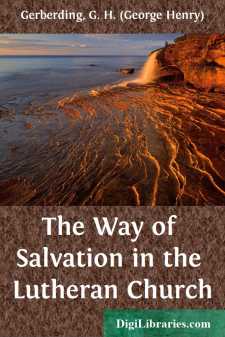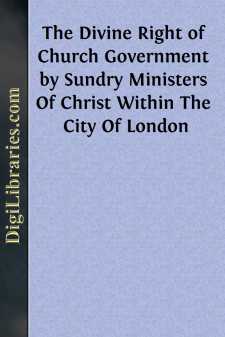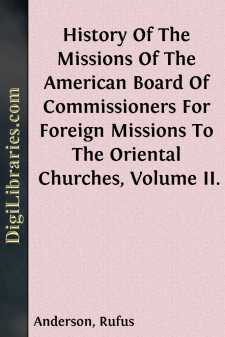Religion
- Agnosticism 2
- Antiquities & Archaeology 21
- Atheism 12
- Biblical Criticism & Interpretation 15
- Biblical Meditations 3
- Biblical Reference 1
- Biblical Studies 11
- Buddhism 8
- Christian Church
- Christian Education 5
- Christian Life 26
- Christianity 60
- Cults 2
- Devotional 6
- Eastern 2
- Education 4
- Eschatology 1
- Ethics 3
- General 60
- Gnosticism 1
- Hinduism 15
- History 28
- Holidays 10
- Inspirational 1
- Islam 8
- Judaism 3
- Leadership 1
- Meditations 3
- Monasticism 1
- Mysticism 11
- Philosophy 4
- Prayer 26
- Prayerbooks 5
- Religion & Science 12
- Sermons 54
- Spirituality 53
- Theism 2
- Theology 17
- Theosophy 15
Christian Church Books
Sort by:
by:
Allan Fea
INTRODUCTION The secret chamber is unrivalled even by the haunted house for the mystery and romance surrounding it. Volumes have been written about the haunted house, while the secret chamber has found but few exponents. The ancestral ghost has had his day, and to all intents and purposes is dead, notwithstanding the existence of the Psychical Society and the investigations of Mr. Stead and the late...
more...
DISCOURSE I. “In whom also we have obtained an inheritance, being predestinated according to the purpose of him who worketh all things after the counsel of his own will.”—Eph. i. 11. It would very naturally be expected of a preacher, selecting this passage as the foundation of his discourse, that he would have something to say upon the subject of predestination. It is my purpose to make this the...
more...
by:
Anonymous
PRAYERS THE LORD'S PRAYER Our Father, who art in heaven, hallowed be Thy name: Thy kingdom come; Thy will be done on earth as it is in heaven. Give us this day our daily bread; and forgive us our trespasses as we forgive those who trespass against us: and lead us not into temptation, but deliver us from evil. Amen. THE ANGELICAL SALUTATION Hail Mary, full of grace! the Lord is with thee: blessed...
more...
The settlement of Englishmen at Jamestown in 1607 was the outgrowth of a vision of transatlantic expansion which had been growing stronger steadily during the preceding generation. It was in the following of that vision that Queen Elizabeth granted to a group of men headed by Sir Walter Raleigh the authority to establish a colony upon the remote shores of the Atlantic ocean, and out of the plans of...
more...
by:
Aquinas Thomas
PROLOGUE Because the Master of Catholic Truth ought not only to teach the proficient, but also to instruct beginners (according to the Apostle: As Unto Little Ones in Christ, I Gave You Milk to Drink, Not Meat— 1 Cor. iii. 1, 2)—we purpose in this book to treat of whatever belongs to the Christian Religion, in such a way as may tend to the instruction of beginners. We have considered that students...
more...
by:
Martin Luther
I. The Ten CommandmentsThe Simple Way a Father Should Present Them to His Household The First Commandment You must not have other gods. (Exodus 20:3) What does this mean? We must fear, love, and trust God more than anything else. The Second Commandment You must not misuse your God's name. (Exodus 20:7) What does this mean? We must fear and love God, so that we will not use His name to curse,...
more...
CHAPTER I. ALL ARE SINNERS. Some time ago we overheard from a person who should have known better, remarks something like these: "I wonder how sinners are saved in the Lutheran Church?" "I do not hear of any being converted in the Lutheran Church," and such like. These words called to mind similar sentiments that we heard expressed long ago. More than once was the remark made in our...
more...
by:
Unknown
CHAPTER I. That there is a Government in the Church of DIVINE RIGHT now under the New Testament. Jesus Christ our Mediator hath the government (both of the Church, and of all things for the Church) laid upon his shoulder, Isa. ix. 6, and to that end hath all power in heaven and earth given to him, Matth. xxviii. 18, John v. 22, Ephes. i. 22. But lapsed man (being full of pride, Psal. x. 2, 4, and...
more...
INTRODUCTION Praesentia tangens. . . . . Futura prospiciens. Problems characterize every age, sum up the complex life of nations and give them their distinctive features. They form that moral atmosphere which makes one period of history responsible and tributary to another. And indeed, in every human problem there is an ethical element. This imponderable factor, which often baffles our calculations,...
more...
by:
Rufus Anderson
THE ARMENIANS. 1846-1855. Several European governments, and especially England, performed an important part in securing civil and religious freedom to the Protestant Armenians.[1] [1] This is impressively set forth in the Correspondence respecting the Condition of Protestants in Turkey, published by order of Parliament in 1851, pp. 154 folio. In March, 1846, Sir Stratford Canning, English Ambassador at...
more...



